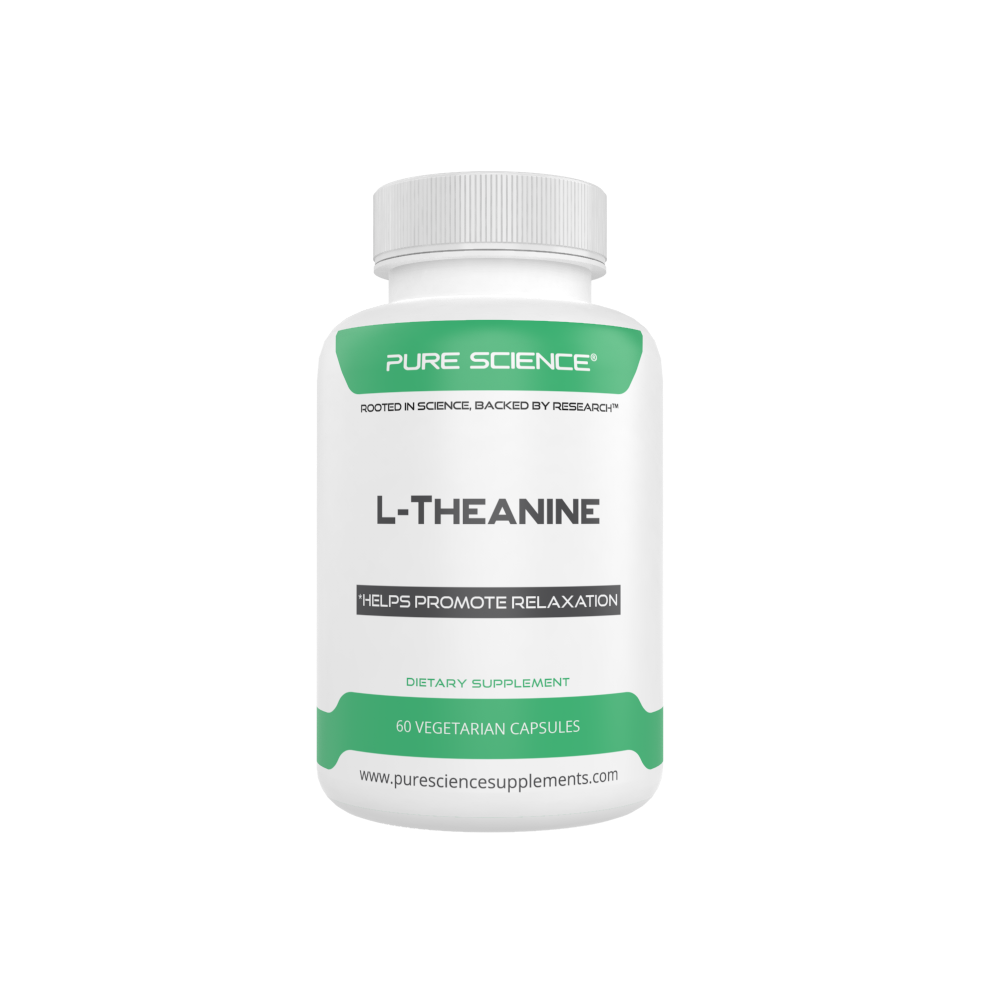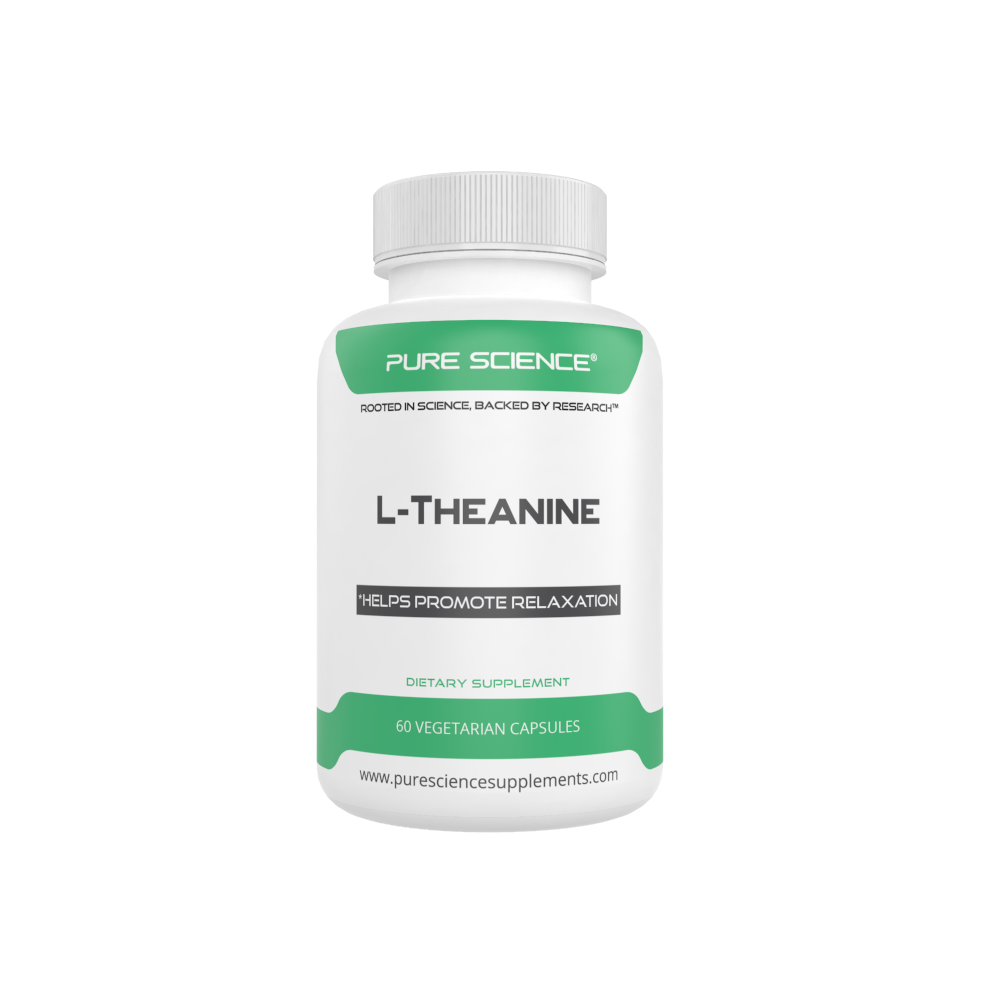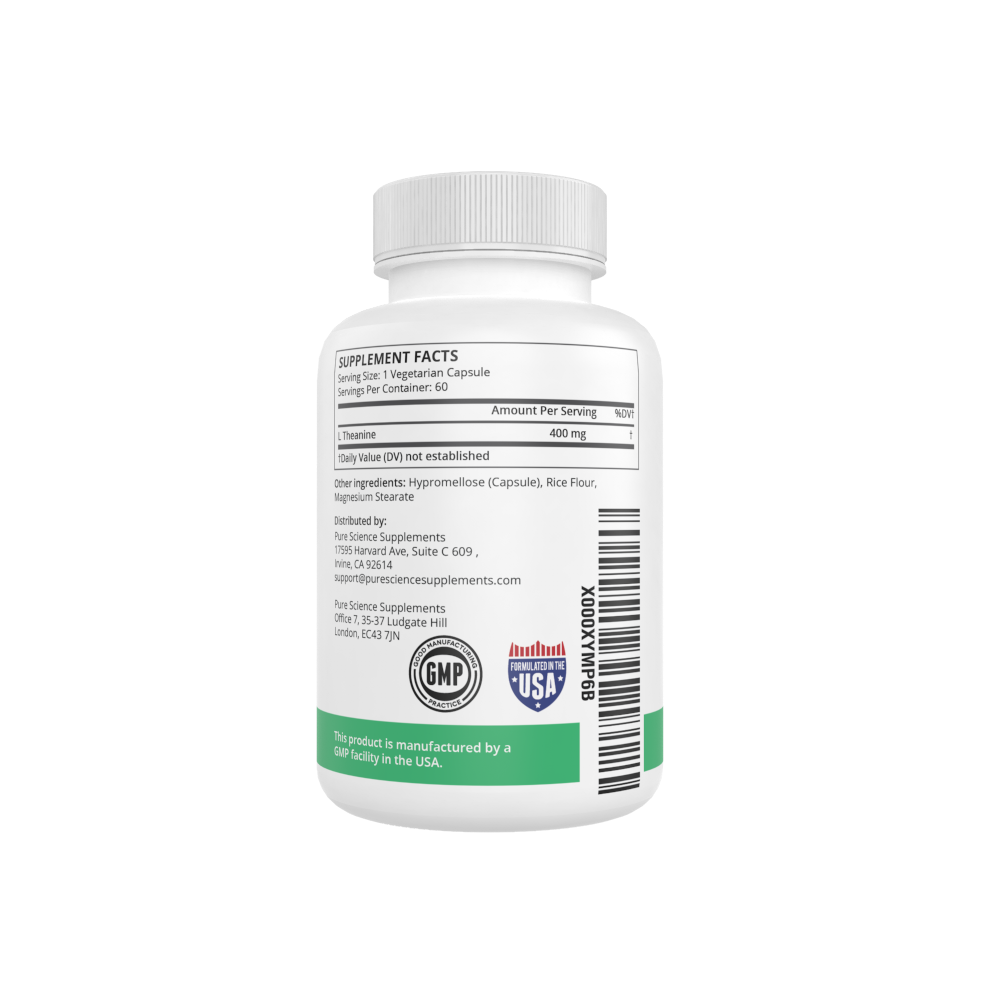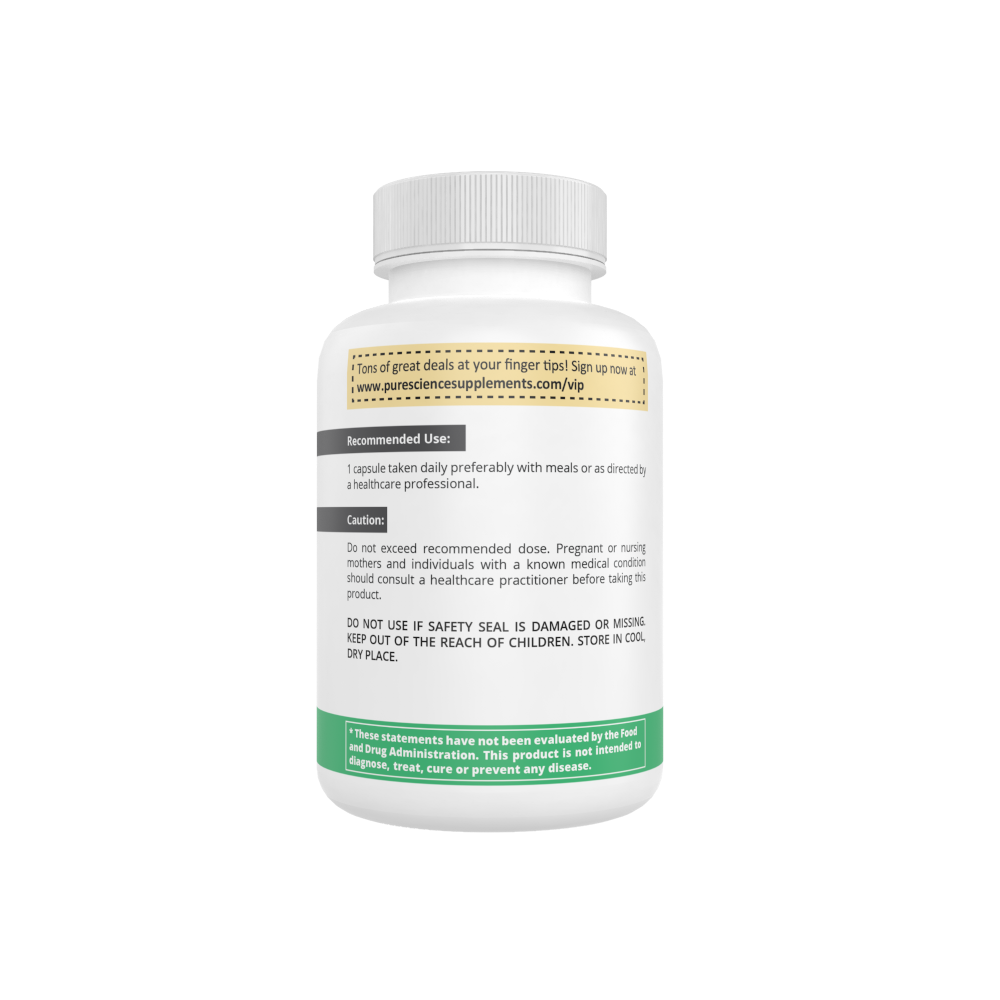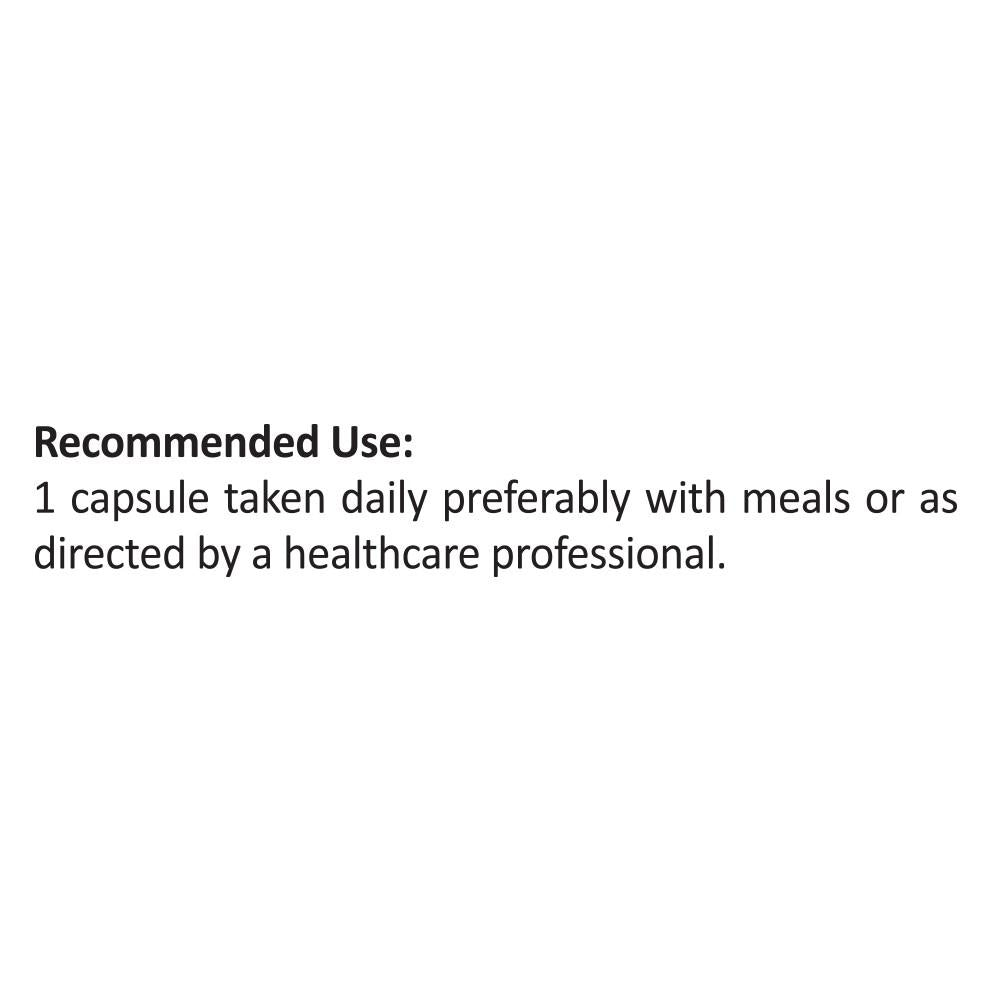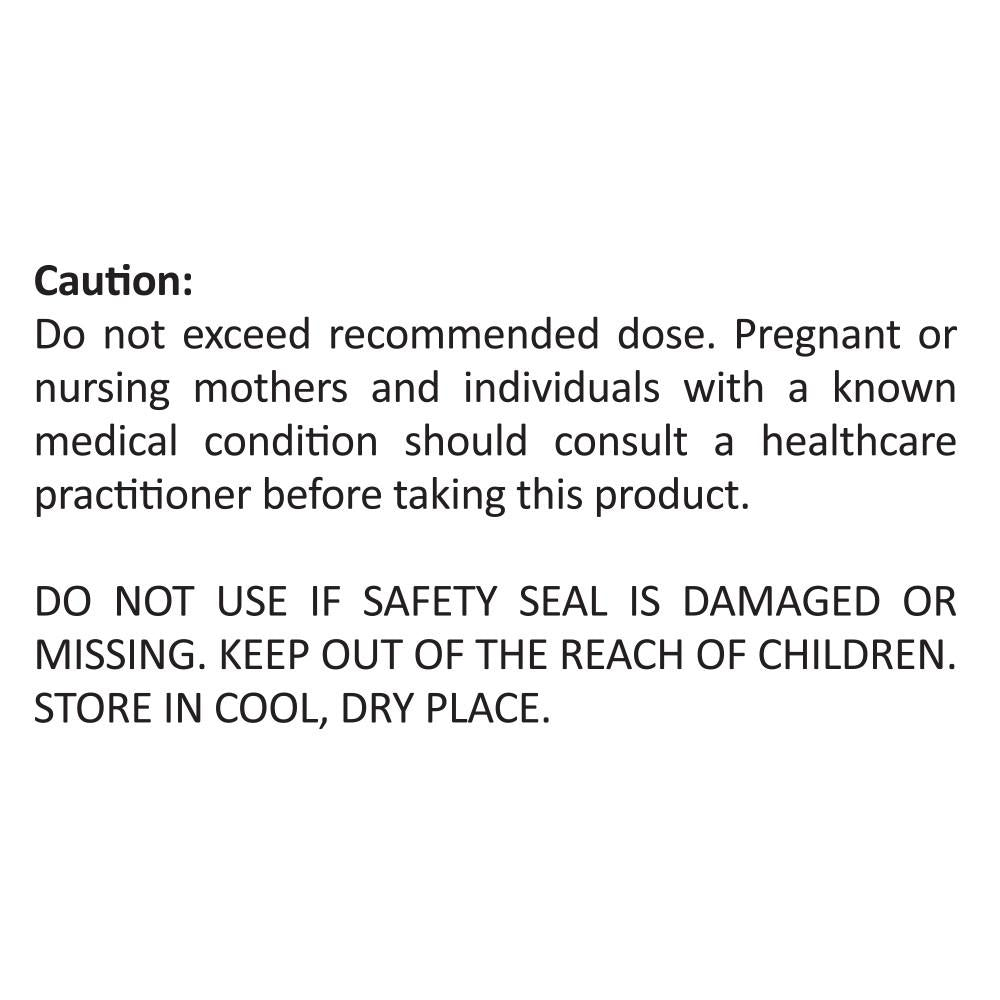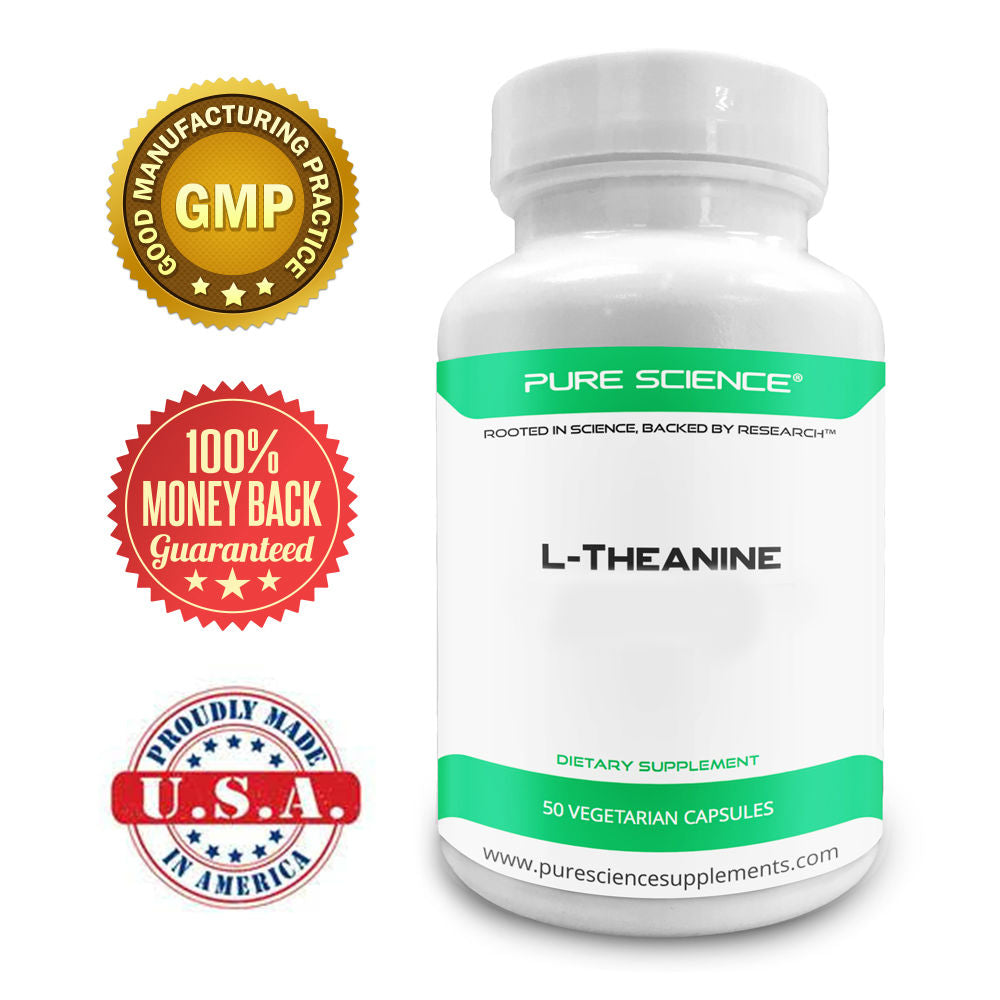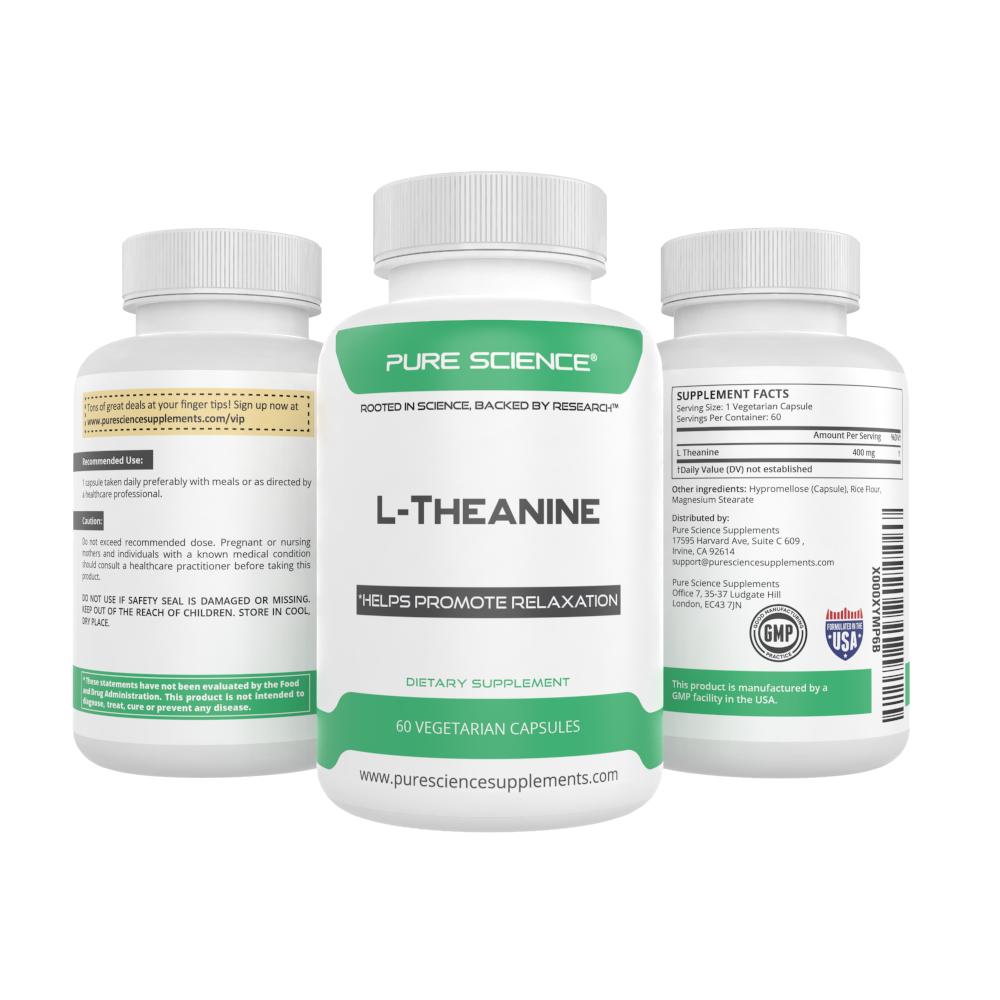Large intestine irritable bowel syndrome (IBS) is a common digestive disorder. Its symptoms include abdominal pain, bloating, gas, diarrhea, and constipation. These symptoms can have a significant impact on a person's quality of life and can be extremely disruptive to daily life. IBS can cause emotional distress, including anxiety and depression, in addition to physical symptoms.
IBS is a chronic condition that can flare up at any time and is triggered by stress, diet, and certain medications. There is no cure for irritable bowel syndrome (IBS), but there are several treatments available to help manage the symptoms. These may include medications, dietary modifications, and changes in lifestyle. Nonetheless, many patients and their families are searching for natural treatments to alleviate the symptoms of this condition.
L-theanine, a naturally occurring amino acid found in tea leaves, has gained popularity due to its potential to alleviate IBS symptoms and reduce stress and anxiety.
History
L-theanine is a naturally occurring amino acid found in tea leaves, particularly green tea. It has been used in traditional Chinese medicine for centuries to promote relaxation and enhance mental clarity. In the last few decades, scientists have begun to investigate the effects of L-theanine on the digestive tract and its potential to treat a variety of digestive disorders.
How it works
L-theanine is a naturally occurring amino acid found in tea leaves, particularly green tea. It inhibits the activity of certain neurons in the gut and reduces the physical symptoms of stress, among other effects on the body.
L-theanine is believed to work by inhibiting the activity of certain gut neurons that are involved in the body's stress response. These neurons, known as sensory neurons, contribute to the perception of pain and other bodily sensations in the gastrointestinal tract. By inhibiting the activity of these neurons, L-theanine may help to alleviate IBS-related physical stress symptoms, such as abdominal pain and bloating.
L-theanine may also have a calming effect on the brain. It has been demonstrated to increase alpha brain waves, which are associated with relaxation. This may reduce the psychological symptoms of stress and enhance well-being overall.
Overall, the mechanisms by which L-theanine operates are not fully understood, and more research is required to fully comprehend its physiological effects. However, evidence suggests that it may have a number of positive effects on gut function and stress levels in IBS patients.
Studies and Results
a number of studies have investigated the effects of L-theanine on IBS. L-theanine may alleviate IBS symptoms, such as abdominal pain, bloating, and diarrhea, according to a review of several studies. In one study, IBS patients who took L-theanine supplements reported significant reductions in abdominal pain and bloating compared to those who did not take supplements. Another study discovered that L-theanine may improve the quality of life of IBS patients.
In addition to its potential to alleviate IBS symptoms, L-theanine has also been shown to reduce stress and anxiety. It may reduce the physical and psychological symptoms of stress and improve the quality of your sleep. L-theanine may be effective in reducing anxiety symptoms in people with anxiety disorders, according to some studies.
L-theanine may be a promising natural treatment option for managing IBS symptoms and reducing stress and anxiety, according to the available evidence. However, additional research is required to fully comprehend its effects and establish the optimal dosage and treatment duration. L-theanine should not be used as a substitute for conventional medical treatment for IBS, but rather in conjunction with other treatment options as recommended by a healthcare professional.
Recommended Dosage
The recommended dosage of L-theanine varies based on the age and weight of the individual. Before beginning any new supplement, it is essential to consult a healthcare professional to determine the appropriate dosage.
The typical L-theanine dosage for adults ranges between 100 and 200 mg per day. Some studies have used doses as high as 400 mg per day, but it is unclear whether these doses are safer or more effective. In addition, it is unknown whether L-theanine is safe for long-term use or whether it may cause negative side effects when taken in high doses.
Conclusion
L-theanine is a natural compound that has shown promise in reducing stress and improving IBS symptoms. Despite the need for additional research to fully comprehend its effects, it may be a promising natural treatment option for those seeking to manage their symptoms.
References
- Kim, Y., & Kim, Y. (2017). L-Theanine as a Natural Neuroprotective Compound. Nutrients, 9(8), 855.
- Pinto-Sánchez, M. I., García-Lopez, S., Camilleri, M., Vernia, P., & Guevara, M. (2017). Efficacy and Safety of L-Theanine in the Treatment of Irritable Bowel Syndrome: A Systematic Review. Journal of Clinical Medicine, 6(8), 89.
- Kimura, K.,





